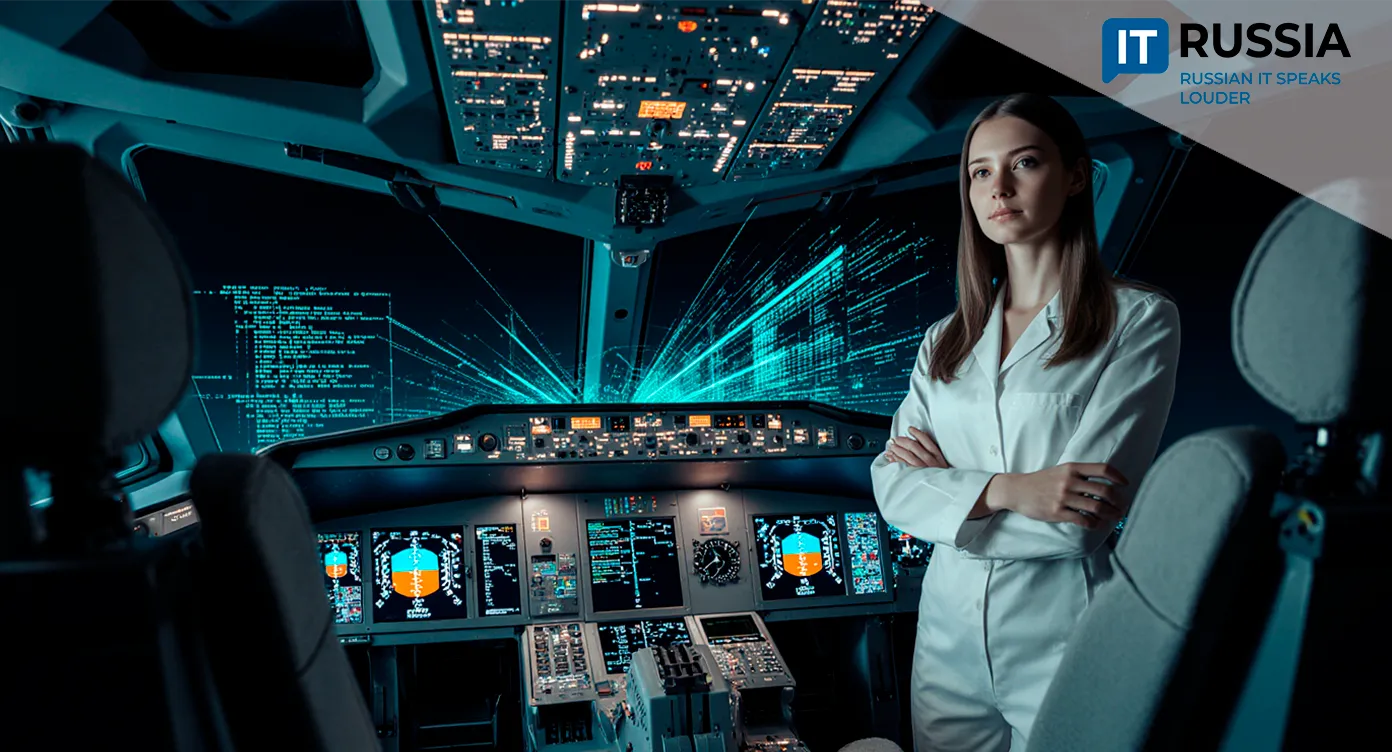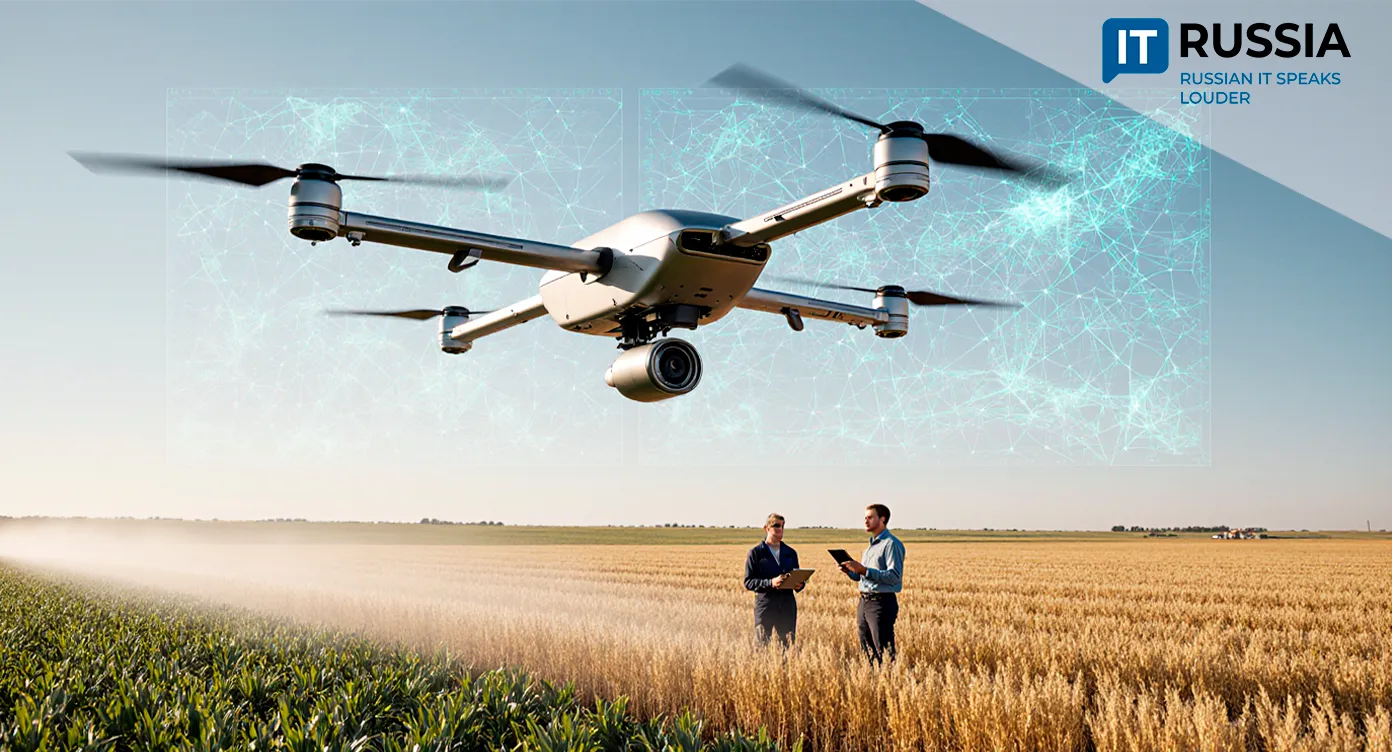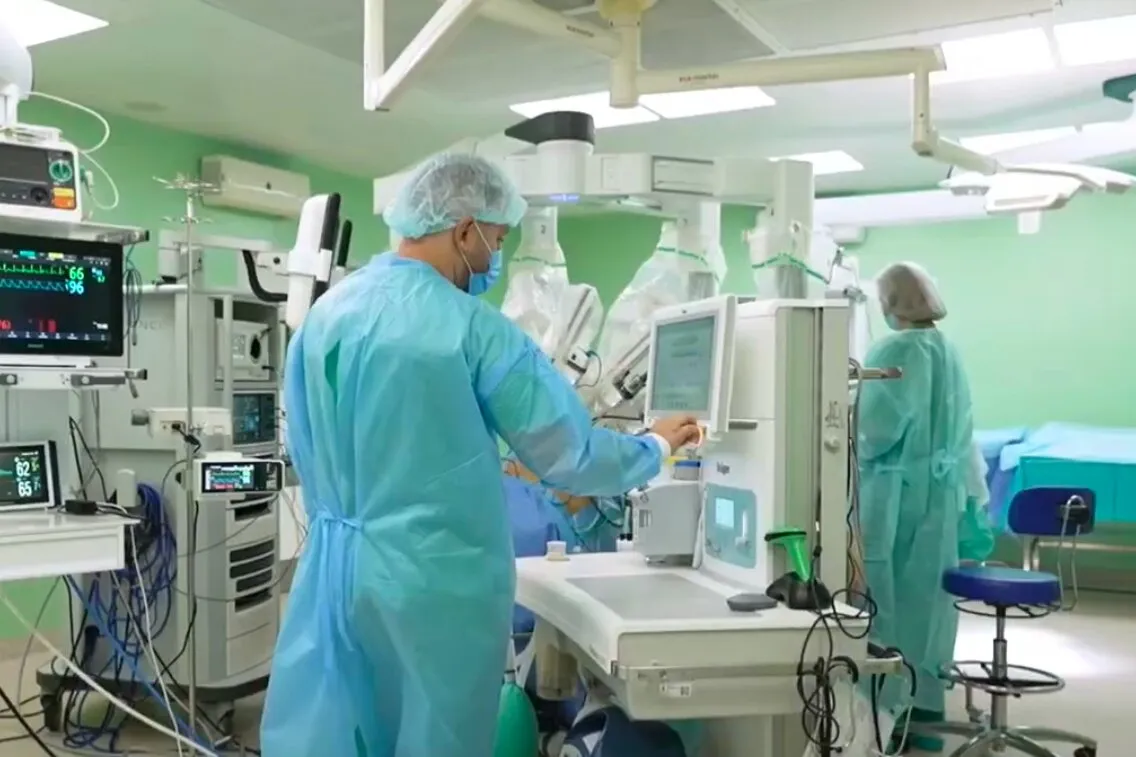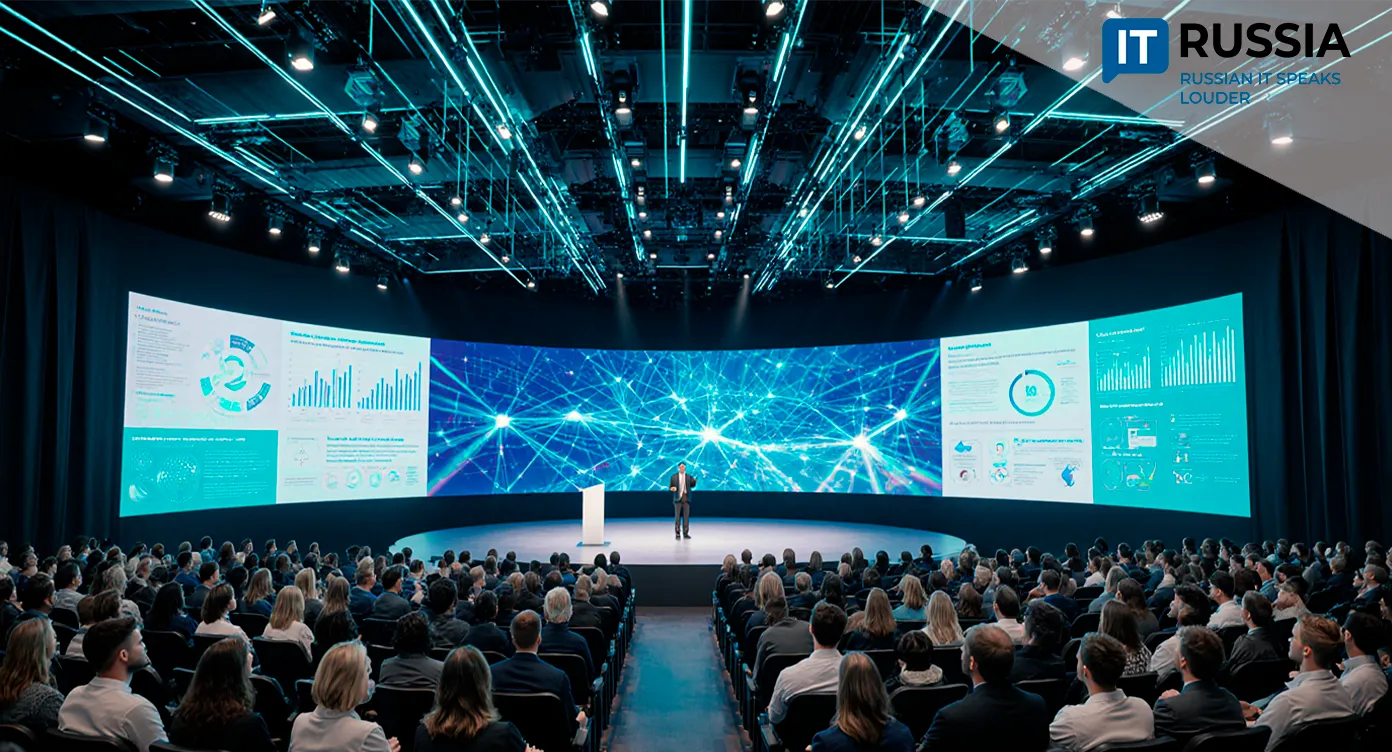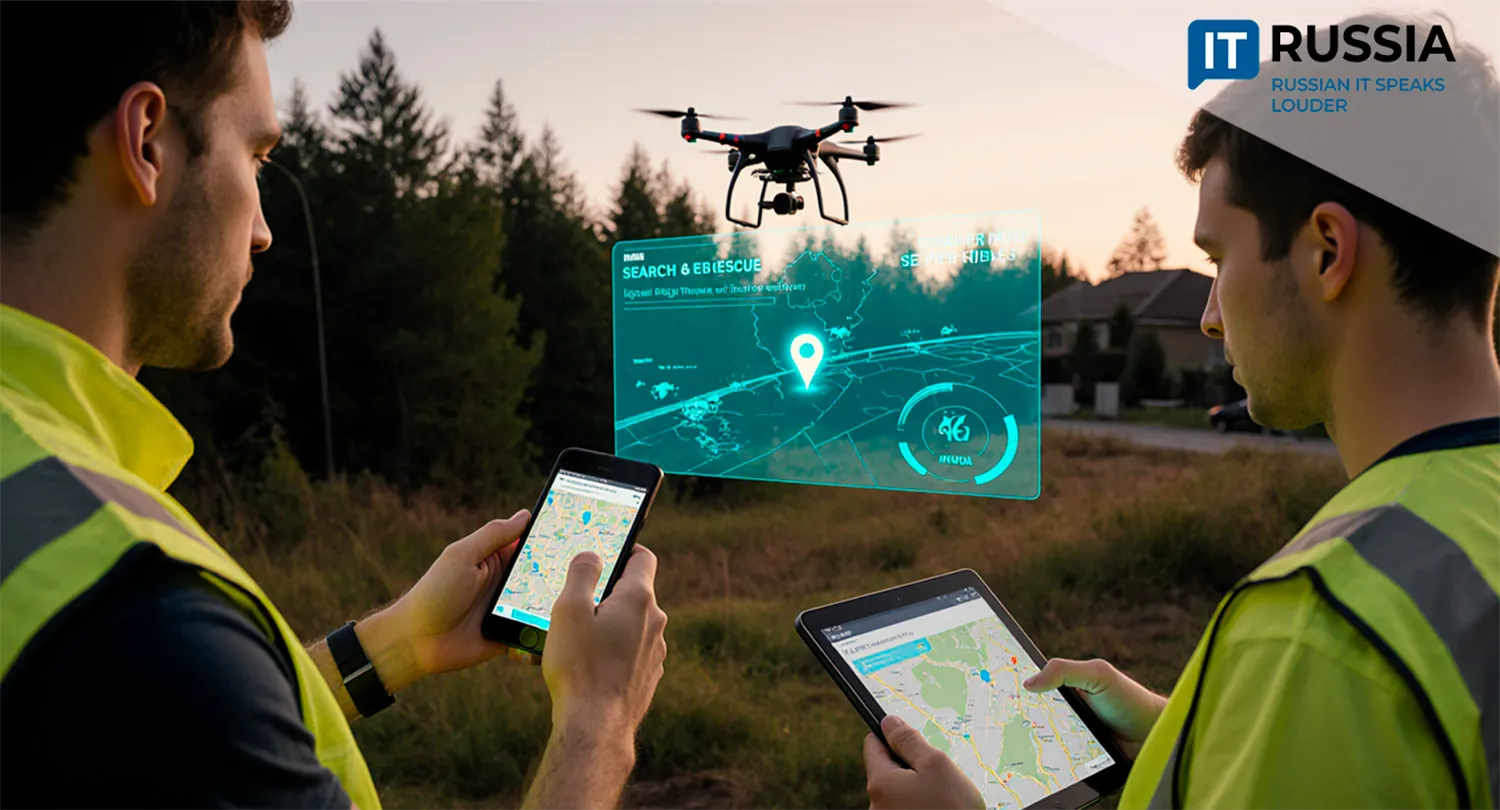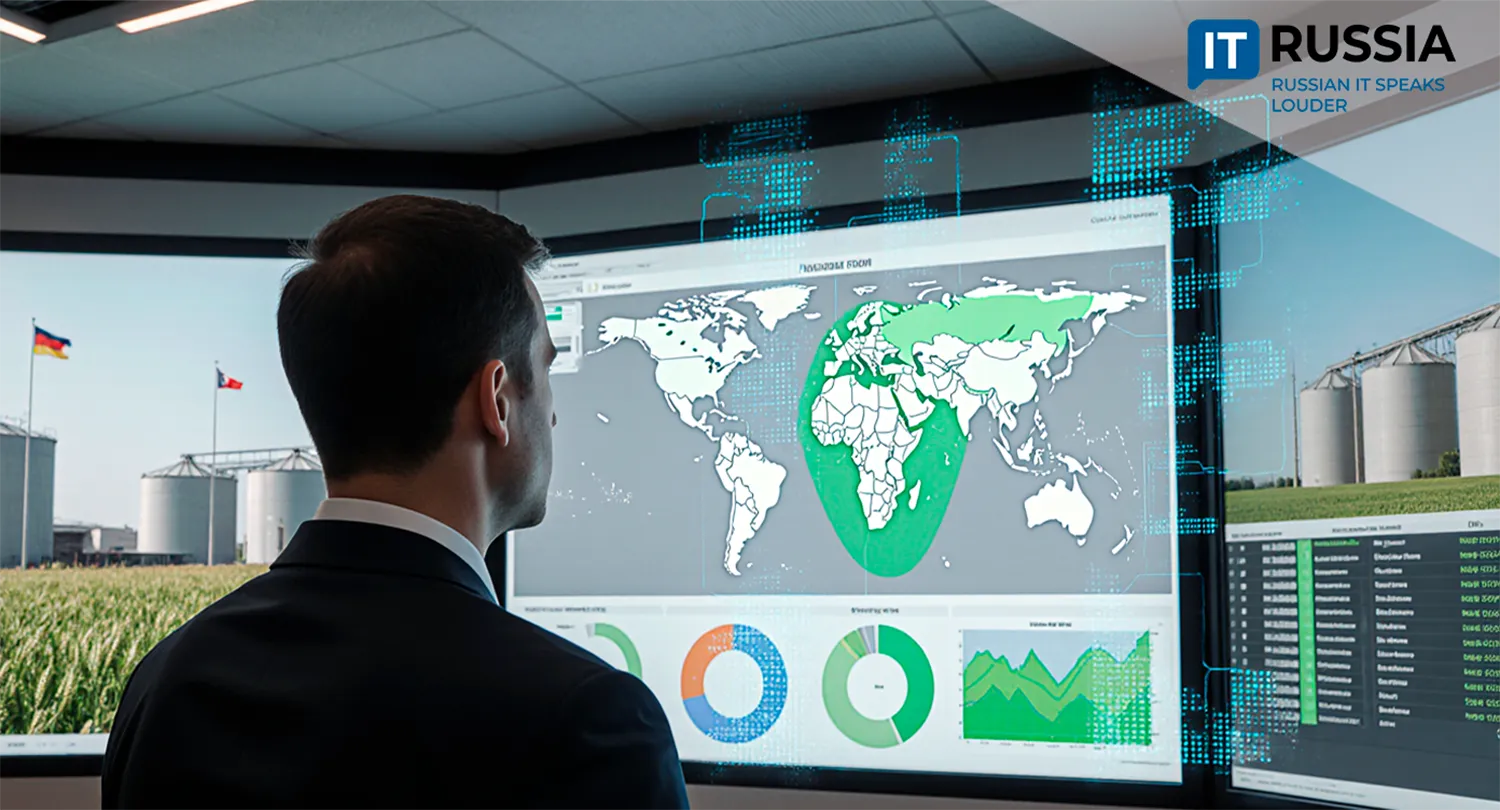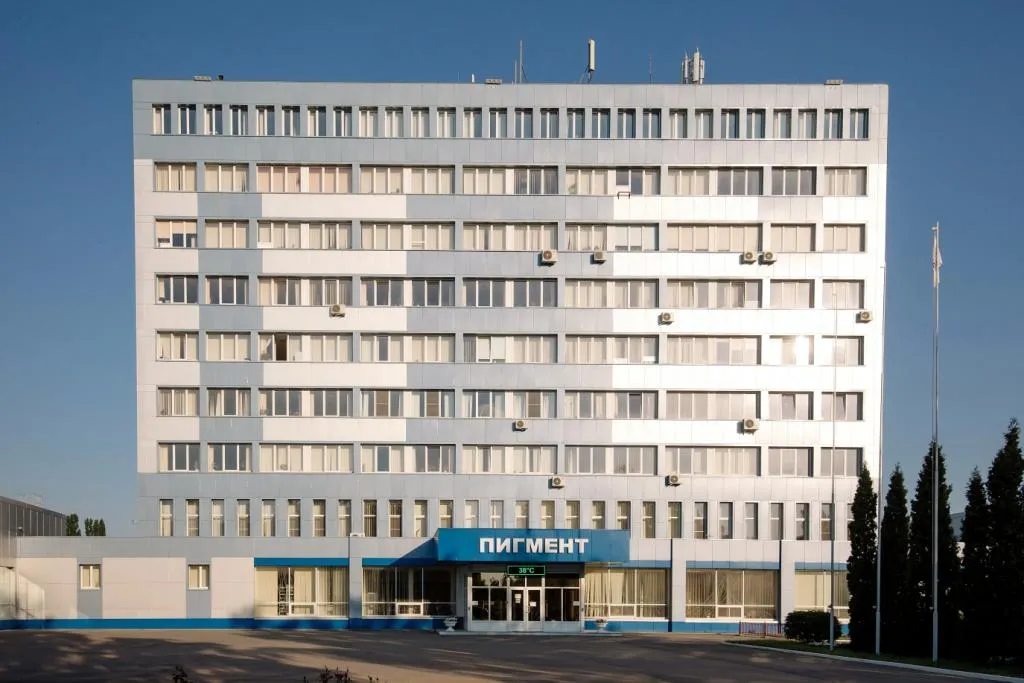FESCO and Softline: A New Stage in Russia’s Logistics Digitalization
Russia’s logistics industry is entering a new era of technological development thanks to a strategic partnership between two major market players.
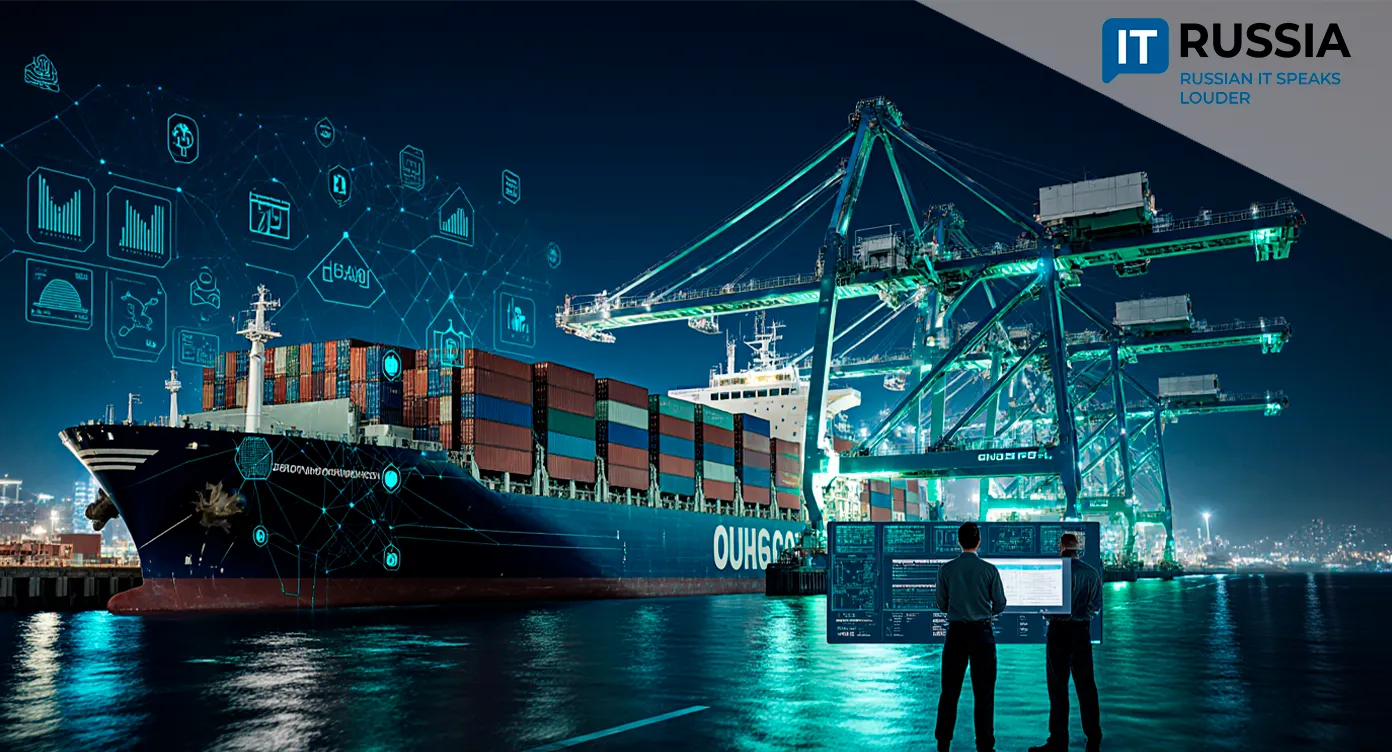
Technological Breakthrough in Maritime Shipping
At the Eastern Economic Forum in Vladivostok, transportation group FESCO and IT holding Softline signed an agreement to create software solutions for Russia’s logistics industry. The document was signed by Dmitry Surovets, FESCO’s Deputy CEO for IT, and Denis Varchenko, Softline’s Business Development Director for Siberia and the Far East.
The partnership envisions developing domestic software solutions using machine learning technologies and applying Softline’s products in FESCO’s container shipping and port logistics operations. “We see real value in this collaboration through practical knowledge exchange. FESCO has a strong understanding of logistics and market demands, while Softline has deep expertise in digital technologies,” commented Surovets.
Strategic Potential of Russian Technologies
The FESCO–Softline agreement creates significant opportunities to strengthen Russia’s technological sovereignty in logistics. Speaking at the forum, Transport Minister Andrey Nikitin emphasized that digitalization reduces business and logistics costs, supports multimodality, and allows Russian routes to compete on transit times with leading international corridors.

Experts see promising export potential for Russian logistics solutions. If proven effective, such products could find demand in CIS countries and developing markets, particularly among nations seeking alternatives to Western logistics systems. Within BRICS, SCO, and the Eurasian Economic Union, discussions are already underway on creating unified platforms to enable multimodal transport across member states.
The Russian government is backing logistics import substitution. By the end of 2025, a national digital transport and logistics platform is expected, designed to integrate with similar systems in partner countries. Analysts estimate the project at 1 billion rubles ($12.3 million), aiming to establish “seamless cargo logistics.”
Global Transformation of the Logistics Industry
Digitalization has become a global trend in logistics in recent years. China, a leader in adopting digital transport technologies, plans by 2030 to create around 100 national companies specializing in digital and intelligent supply chains.
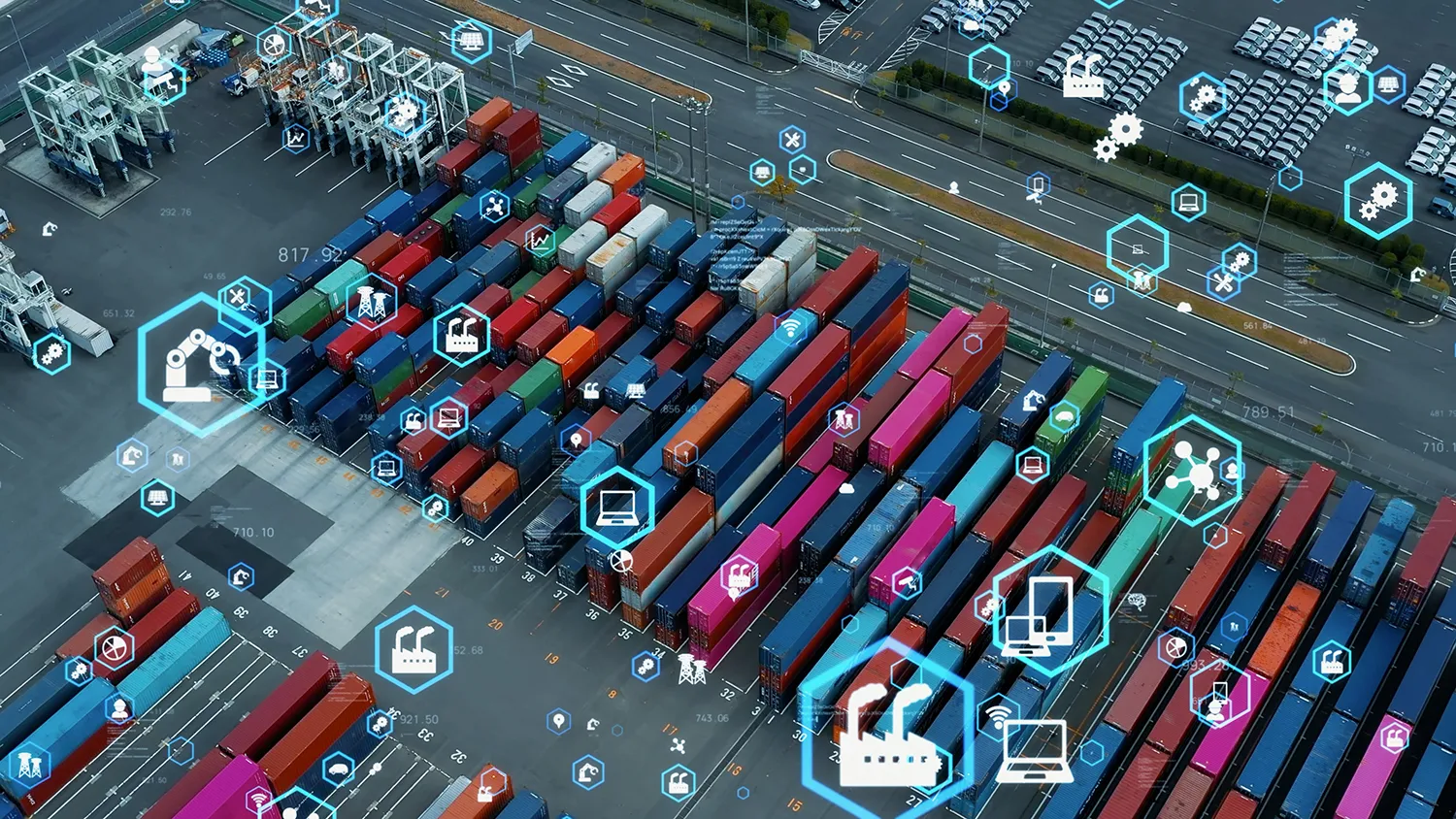
Russia is also accelerating logistics digitalization. Domestic companies are actively deploying warehouse management systems, IoT solutions, and electronic document flow. These measures help reduce costs by 7–10% and shorten delivery times by 15–20%.
Analysts forecast the global digital logistics market to grow from $30 billion in 2024 to $63.55 billion by 2029, an annual increase of 16%. In Russia, digital logistics platforms reached 67.4 billion rubles ($830 million) in 2022, and the sector is projected to grow at least 32% annually through 2026.
Historical Foundations of Import Substitution
Russia’s course toward import substitution in logistics has developed gradually since 2014, when sanctions first spurred the search for alternatives. By 2019, momentum increased with the creation of a Unified Registry of Russian software.
In June 2025, Rosatom’s RASU division and Softline signed a landmark agreement to jointly develop trusted digital solutions for industry. That partnership paved the way for today’s FESCO deal, showing a strategic approach to digitalization within Rosatom’s network.
Successful substitution examples are already visible. According to Skolkovo and Dsight, 70% of large companies now prefer Russian WMS systems over foreign ones. Domestic autonomous mobile robots cost 20–30% less than foreign models, while stationary stacker cranes are priced at half of Western equivalents.
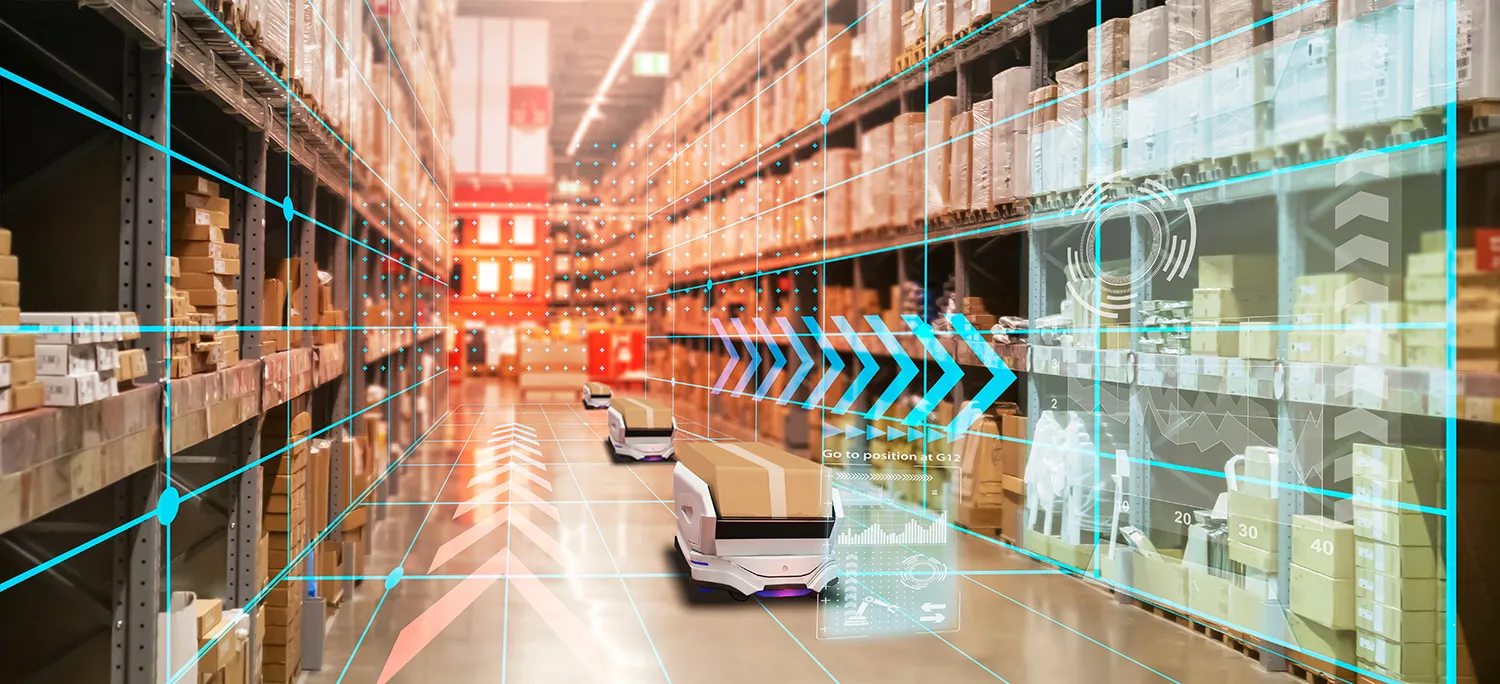
Outlook for Russian Logistics
The Russian logistics sector is entering an active development phase, driven by technological innovation and import substitution. Experts predict labor productivity will rise 20% by 2030 due to digital transformation. The unmanned logistics segment could reach 25 billion rubles ($308 million) by 2030, with autonomous vehicles operating across more than 19,000 kilometers of Russian roads.
The short-term outlook is optimistic. In 2025–2026, FESCO and Softline expect to pilot their joint solutions, build digital infrastructure, and train staff. By 2027–2028, the companies aim to scale their solutions within the industry and potentially enter CIS, BRICS, and Middle Eastern markets.
The partnership symbolizes Russia’s shift from reactive import substitution to a proactive strategy of creating competitive domestic solutions capable of standing on international markets.








